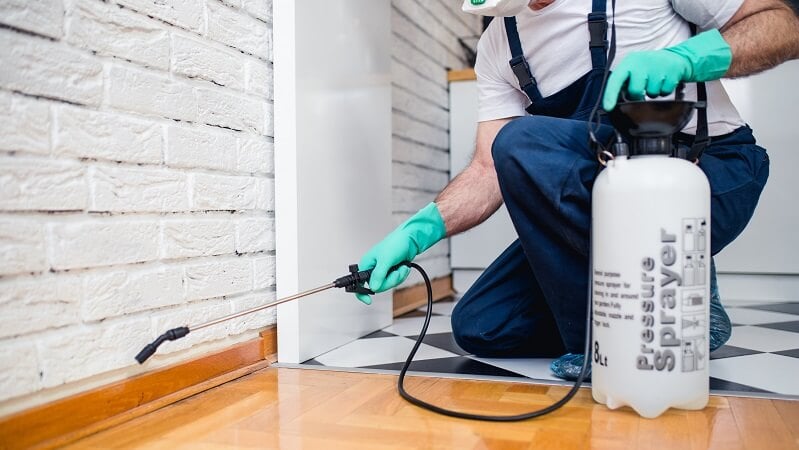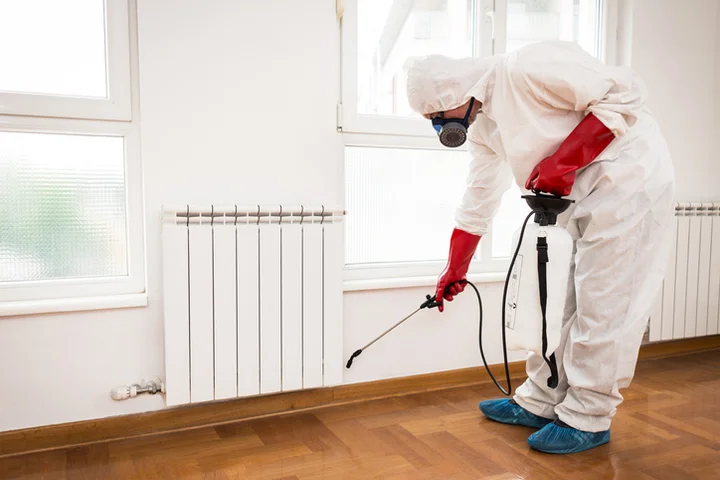Unknown Facts About Pest Control

When utilizing gentle parasite control, businesses should comply with the complying with concepts: The desired benefits and disadvantages ought to be explained. It ought to just obtain accomplished if its objectives can be met. The methods that are most efficient in achieving the goals of the pest control program ought to be employed.
Humane insect control is a method to handling insects that emphasizes non-lethal methods to control and avoid infestations - Pest Control. Several techniques can be used in gentle parasite control, consisting of exclusion, habitat modification, traps, and repellents. Exclusion is a technique used to avoid insects from entering a home or building by securing off all feasible access factors
Exclusion is a crucial technique in humane insect control because it avoids the requirement for deadly insect control methods by maintaining bugs out in the very first place. Environment adjustment is one more technique made use of in humane pest control. That entails making modifications to the atmosphere to make it much less welcoming to bugs.
The 9-Second Trick For Pest Control

These traps are baited with food or pheromones and capture bugs securely and humanely. Repellents are an additional strategy used in humane pest control.
Conduct a detailed inspection of your customer's residential property, seeking signs of pests such as droppings, damage to structures, and sightings of live pests. Once they are identified, a humane pest control strategy can be created. Integrated Pest Management (IPM) is right here an approach to pest management that stresses numerous approaches to regulate and stop bug problems.

These advantages include environmental advantages, prospective cost financial savings for customers over the long-term, and better track record management for pest control services that utilize humane approaches. One of the main advantages of humane insect control is its favorable environmental impact. Typical bug control methods often count on hazardous chemicals that can hurt the environment and human wellness.
Pest Control for Dummies

It can amount to significant expenses with time. Humane pest control, on the other hand, stresses avoidance and continuous monitoring to preserve a pest-free setting (Pest Control). Attending to the source of bug problems and taking positive actions to avoid future problems can reduce the need for continuous therapies and possibly save your consumers money in the long-term.
Right here are a few of one of the most typical concerns and answers concerning making pest index control humane. Yes, gentle insect control can be highly effective when applied properly. By addressing the root causes of parasite problems and taking aggressive procedures to avoid future invasions, humane pest control can regulate pest populaces without relying upon dangerous chemicals.
Over the lengthy term, humane bug control can be a lot more economical than conventional approaches as it stresses prevention and ongoing surveillance to keep a pest-free atmosphere. Yes, humane parasite control techniques can More Info be utilized for a broad range of parasites, including rodents, bugs, and wildlife. The particular approaches for wild animals removal might vary depending on the kind of parasite and the degree of the infestation.